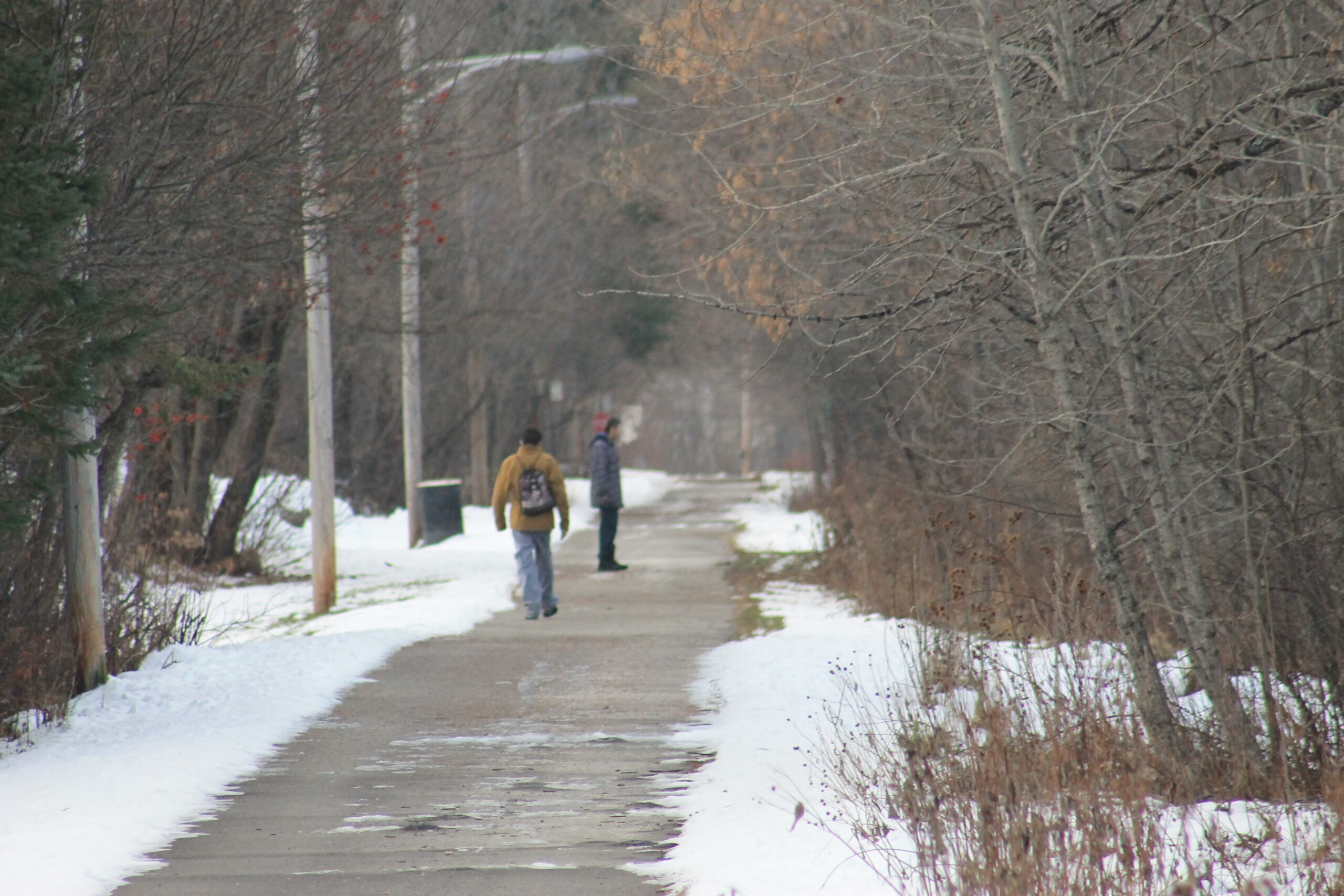
The local public health group Drug Free Aroostook is launching a new effort to help youths make smart choices in an era of legal marijuana and ongoing problems with alcohol, opioids and other drugs.
Drug Free Aroostook, a part of a federal drug prevention grant program and housed under the Aroostook County Action Program, has created a list of goals for the next three years and a plan for an education campaign.
“We’re looking to help keep teens and youths from either starting or delaying the onset of them using any kind of substances,” said Christopher Haskell, community education specialist with ACAP and a member of Drug Free Aroostook.
Haskell said that the group is aiming to use education and outreach campaigns to target several areas of youth substance abuse.
By 2020, the group wants to reduce underage drinking and marijuana use among Aroostook high school students by 5 percent, and to reduce youth prescription drug abuse by 2 percent.
According to the 2015 Maine Integrated Youth Health Survey, which polls Maine youths on their health every other year, 53 percent of Aroostook County high schoolers said they had tried alcohol at least once in their life, 28 percent said they drank alcohol within the previous month and 16 percent said they had participated in binge drinking in the previous month.
A little more than 30 percent of Aroostook County high schoolers said they had tried marijuana at least once in their life and 17 percent said they used marijuana in the previous month. Just over 9 percent of Aroostook high schoolers said they have taken a prescription pill without a prescription, and 15 percent said they’ve been offered alcohol and drugs on school property.
In the case of alcohol, those rates in Aroostook County are higher than the state average. For instance, 16 percent of Aroostook high schoolers reported binge drinking, compared to 12 percent statewide. In the case of marijuana and prescription pharmaceuticals, the rates in Aroostook County are slightly lower than statewide.
Regardless of those differences, Haskell said that health and community leaders involved in Drug Free Aroostook want to be proactive and reach out to youths, families and adults in the coming years.
“Addiction and substance use, it doesn’t matter what socioeconomic class you come from, it affects everyone,” Haskell said. “We want to help people make choices that make their lives better.”
Haskell said that Drug Free Aroostook will be hosting presentations and forums at schools and churches and for community groups on the topic of substance abuse, with a particular focus on teens and marijuana. A statewide, citizen-led referendum made recreational marijuana legal in Maine last year.
He said the group wants to bring youngsters a message that is not overly paternalistic and respects their intelligence.
“We want to give them the facts, talk to them as mature individuals, and try to help them make a decision that’s healthy,” Haskell said. “Our brains don’t fully develop until age 25, and if you put in a foreign chemical, that’s going to alter brain chemistry, and that could lead to other problems — lower academics and not doing the things they want to when they graduate from high school.”
Later this month, the group also will start airing a new series of advertisements called “Legal Doesn’t Mean Safe.” Featuring local emergency medical providers, the ad campaign is focused on educating youths and families about the risks of marijuana.
“We’ve had accidental ingestion of marijuana edibles with children that have been seen in the emergency room,” Haskell said. “People might think, ‘That happens in other places, not here.’ But it does.”








